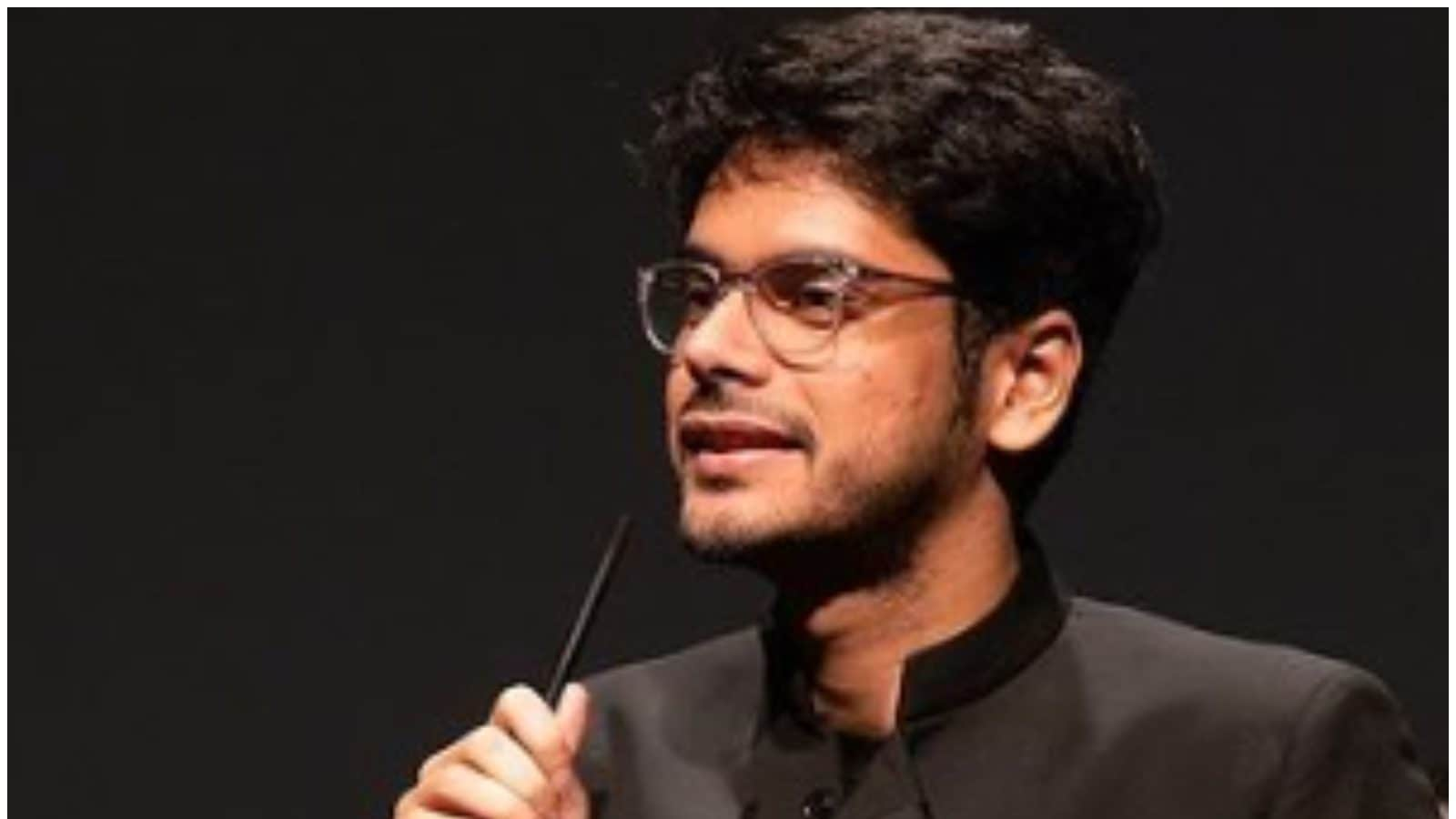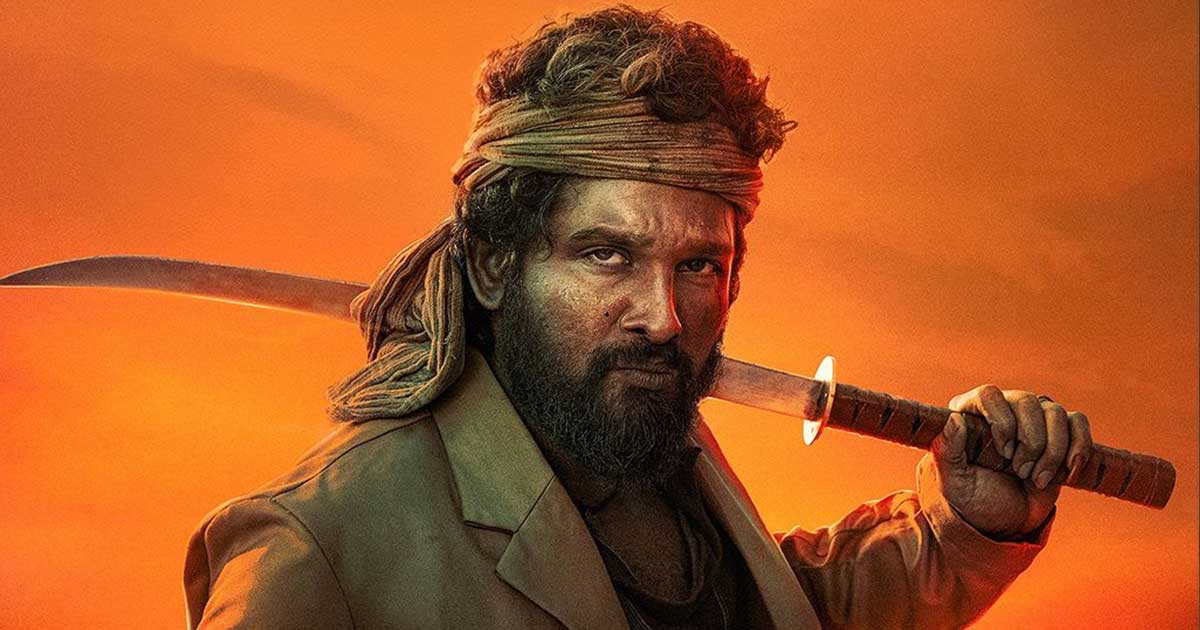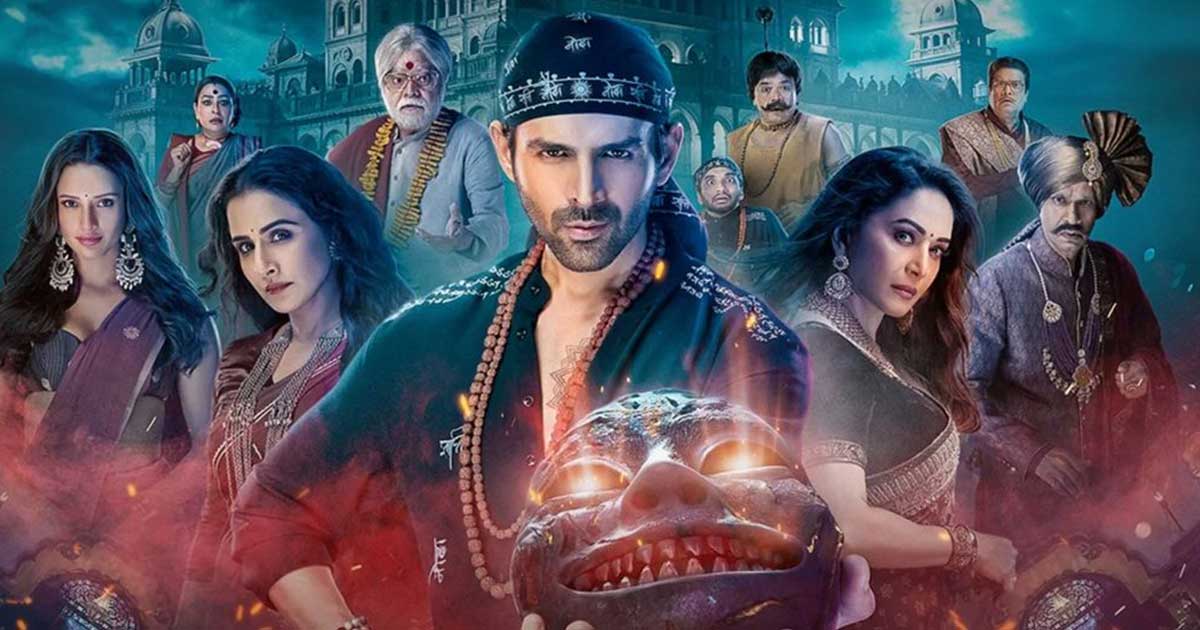
Shaunak Sen Told News18 He Spent ‘Sleepless Night’ When All That Breathes was Shortlisted for Oscars
At the Oscars 2023, Shaunak Sen’s All That Breathes has been nominated in the Documentary Feature category. The docu-film has had a great run at film festivals around the world, like the Sundance Film Festival, the Valladolid International Film Festival and the Cannes Film Festival.
The critically acclaimed documentary traces the lives of two brothers who devote their lives to rescuing injured birds and treating them. It is their devotion towards a black kite that serves as a vibrant contrast to the bleak backdrop of Delhi’s gloomy grey air.
In an exclusive interview with News18 when the film was shortlisted for the Oscars, director Shaunak Sen had shed light on how the film came into being and how the documentary film circuit is thriving at the moment.
How do you feel about the official selection, has it all sunk in? What was your initial reaction like when you first got to see the list?
I suppose sinking in is a long-winded process and given that the dates are announced this much in advance one is constantly playing the alternate timelines in one’s head, so it has sunk in but also there is a long way to go, there is still some time to go and many hoops to jump through.
My initial reaction was – relief! It came at around 2am our time and it was an entirely and utterly sleepless night but apart from that one is utterly beside oneself is taken over by joy and thrill because the film took a large part of all our lives. I think initially it is just the phone calls to all the crew members and it is very jubilant. I always get a bit suspicious of happiness so for me it is often the calculus of what is to be done now for the next steps.
Let us talk a little about the film, it traces the lives of two siblings who have devoted their youth to rescuing birds and treating them. So, while filming it how much did you have in control in terms of the creative aspect and as well as in terms of trying to portray their lives on the screen? How did you manoeuvre?
So, firstly when one strips it down to that kind of a logline it presents like an anaemic and inaccurate sort of representation, it is a difficult film to present in a single logline. I always think it is better to talk about it as a kind of a broader, ecological philosophical, emotional and socio-political investigation of the relationship between one family and one bird called the black kite. It is in that relationship that we tell the story of Delhi itself.
In terms of control of the characters, in creative non-fiction, your basis is observational where life itself unfolds and you are there to shoot it and we shot for three full years so we had a mountain of footage and to cut out 90 minutes from it was very difficult. Having said that, it is not like a traditional, conventional, vérité observational documentary, there is a creative treatment of actuality and we have used poetic, lyrical styles to push some of our ideas. At the heart of it is a kind of radical embrace of the unscriptedness of the world but at the same time there is also a creative treatment of things. In a way the treatment is creative but at the end of the day, we were turning up every day and shooting one family for three consecutive years.
How did this story come into being, how did you meet the two siblings?
When you live in Delhi, the air itself takes such a palpable, visceral, heavy, grey, tactile lived and embodied feeling that you are always aware of the medium you are suspended in, i.e. air. So, I wanted to do something on the tone and texture of life, the kind of greyness around Delhi and I was interested philosophically in human-non-human relationships, so I was interested in what one thinks about the juncture between the human-non-human bonding. So, it was initially sensorium, I was interested in the abstract triangulation of air, birds and humans – that is how it began.
Once I started researching people who had a profound or a deep relationship with birds or the air, I came across the kind of work that the brothers were doing. And, once you have visited them and seen the singularly remarkable work that they have done and how inherently cinematic their basement is where they work, the film is like a free-fall, it is like a fever dream and I think that is how it initially began.
In a previous interview of yours, you mentioned that there is this common joke between documentary makers about how it is actually when the subject starts yawning is where the actual action begins and the camera starts to film. With regards to your film, how long did it take for that to happen?
Initially, how do you get real, everyday natural behaviour in front of the camera? If somebody comes to your or my house, initially we would be very conscious and the camera would be a very obtrusive, big presence, so initially, what happens in the first month is you going through the rites of passage where you are earning the trust and people getting used to you.
Over time, boredom is the strongest weapon in your toolkit, the ambition of the documentary is to kind of get an everyday mundane, banal texture to life, that is what you want your material to be soaked in and it only happens when the first yawn comes, after people get bored of your presence is when the useful material starts coming.
Your film has three cinematographers and yet the frames and the visuals are so seamlessly tied together. How did you ensure that happens?
It is a good question, so the thing is there are two main DOPs, there is Ben Bernhard and Rhiju Das and the thing is that when you have shot for three years it is very difficult, especially for people who are doing camera and are used to doing smaller stints and moving from project to project and when the pandemic is coming and going in the middle. So, there are long hauls in the middle when everything is shut down and there are long hauls where everything is open again so it vaxes and veins and it becomes very difficult to get a commitment for three long years is a difficult task.
When Ben came in and the pandemic happened, he had to go back to Germany and then it was difficult for him to come back and we had to move on, But in terms of your question about maintaining a cohesive voice throughout, we had a very strict grammar in the film, the film language is that of these slow languid pans, slow languid tilt-downs, tracking in and so on which we had developed initially with Ben and then evolved with Rhiju. So, we tried to stick around the same circumference and more than that it is also me and the directorial team who were constantly at it and a lot of it is also the edit. The cohesiveness was something that our editors Charlotte Munch Bengtsen and Vedant Joshi really worked hard on.
The documentary circuit in India has thrived and has seen so many achievements in the last 1-2 years. What is your whole point of view?
I keep getting asked if we are indeed in the ‘golden age’ of Indian documentaries and of course, that is very hyperbolic and exaggerated but is worth some dissecting which is that how is it that in the last two years, Indian documentaries have indeed done extremely well on the global stage. Between Sushmit Ghosh and Rintu Thomas’ ‘Writing With Fire’ which was at Sundance and was nominated at the Academies last year, Payal Kapadia’s ‘A Night Of Knowing Nothing’ which won at Cannes and another new film that will be going to Cannes, of course, there is a moment where it is undeniable that Indian documentary is definitely doing significantly better than our fiction counterparts.
There is clearly a pattern that is emerging, to my mind that is one should not be overly euphoric firstly because there are still tons of problems, we do not have a stable dissemination infrastructure, we do not have proper distribution, there are just one or two break-out documentaries every year and we definitely need a far more robust documentary circuit and funding. We have to be at best cautiously optimistic about it. You are right in diagnosing that there is certainly a moment that is happening where we are doing well but let us not forget or diminish the works of former masters who have done a lot of work in the last twenty years that you cannot negate but in the last two years there is a tectonic shift that is happening for sure.
Read all the Latest Movies News here
Publisher: Source link




